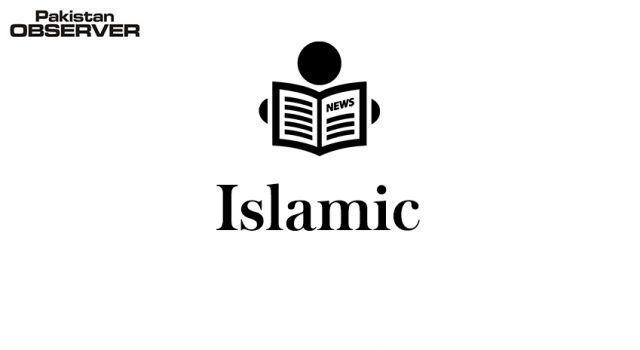Ankara
Islamic finance, offering an interest-free alternative, has been dubbed and proven to be more effective in financial crises since the system prioritizes a production-based real economy rather than the interest rate-based conventional economies that dominate the global system, experts say.
Osman Akyüz, the head of the Participation Banks Association of Turkey, told Anadolu Agency (AA) Friday that the coronavirus pandemic showed the world once again how fragile the debt-based economic system is following the 2008 global financial crisis.
He defined Islamic economics as the promotion of an economic order compatible with the religion of Islam and its traditions. He said the concept can be expressed as a system of values that guides the economic behavior of individuals in society, noting that it cannot be defined as capitalist or socialist but should be considered a “third way” without the negative features of both systems.
Akyüz also commented that the participation banks, within the concept of the Islamic banking system, were established to gain funds that do not go to traditional banks due to the anxiety of interest and it helps savers store and safely evaluate funds.
He said the word “participation” in the name of banks indicates it is a type of banking based on the principle of participating in profit and loss.
Istanbul University’s Islamic economics and finance professor Servet Bayýndýr, who is also a member of Turkey’s Economic Policy Council, said all the risk is put on the shoulders of the real sector in interest-rate based financing systems “in which the real sector and the financial sector are almost rivals of each other, and there is no profit-loss sharing.”
Bayýndýr stated that in the system where Islamic finance principles are valid, the link between the real sector and the financial sector will not be broken and that they are not each other’s competitors.
He also said the system Islam envisages is based on a commercial structure that includes risk and profit-sharing and is based on mutual consent.
Faruk Bal, an associate professor from Istanbul Medeniyet University’s Faculty of Economics, told Daily Sabah Sunday that the interest-free system lays the ground for the very basics of Islamic finance and economy as Islam, from the very beginning of its history, prohibited interest and instead encouraged mutual risk sharing that depends on “partnership.”
“The promotion of partnership, in one way, further contributed to wealth sharing. Thus, the capital is not only in the hands of certain groups, which is the main problem of capitalism today,” he said.
Commenting on the global economic crisis brought on by the COVID-19 pandemic, Bayýndýr said the current financial system makes the sustainability of the key world economies needed to support the post-virus recovery almost impossible because “the financial sector does not generally want to take responsibility.” “Capital is placed either in the real sector by the interest rate method or in derivative markets in a speculative way,” he said, explaining that the derivative markets have no economic output that benefits the people.
Interest-free banking Akyüz, further speaking about the benefits of the interest-free banking sector, said it “has developed rapidly in the world in the last 20 years” and has attracted the attention of not only Islamic countries but multinational banks of Western origin, such as Citibank and HSBC.—Daily Sabah/AA









